Southeast Asia Social Enterprise Project
Inclusion Programs
Collective Leisure is partnering with the University of NSW, Common Goal and Social Enterprise Assist, and the UEFA Foundation for Children to deliver opportunities for the most vulnerable in our community through the world’s greatest game, football.
Named the Southeast Asia Social Enterprise Project, the program brings the love of the game to some of the most disadvantaged people in the world through social inclusion.
The opportunity brings together two passions in the life of its founder, Collective Leisure CEO David Burns.
David’s early career in England was predominantly in football development, working for the English Football Association as a Football Development Officer. Then taking up a role as a Social Inclusion Football development with Hartlepool Borough Council using football to tackle crime, unemployment, education and health.
Collective Leisure and the Southeast Asia Social Enterprise Project is an extension of David’s passion to deliver health, support and wellbeing to the most vulnerable people in the community, with the support of other ogranisations who share his vision.
“It’s a dream come true and such a privilege working with these beautiful people delivering amazing work in their communities across Southeast Asia through the power of football,” Mr Burns said.
The project will be delivered across 6 sessions virtually using the Social Enterprise Tool Kit.
Participating Organisations:
Slum Soccer (India)
Atoot (Nepal)
Dream a Dream (India)
ASA Foundation (Indonesia)
Suhdaar Society (Pakistan)
Umuri Foundation (Rwanda)
Indochina Starfish Foundation (Cambodia)
Karachi United (Pakistan)
Youth Football Club Rurka Kalan (India)
Fundlife International (Philippines)
Nuth Chork (Cambodia)
Program Objectives
Provide introduction to social enterprise and how it can support the sustainability of football for good organizations
Support Common Goal organizations’ ideation of social enterprise business models based on the organization’s community need and current assets including current knowledge and skillset.
Increase the capacity of Common Goal organizations to pitch a social enterprise business model to potential funders and partners.

